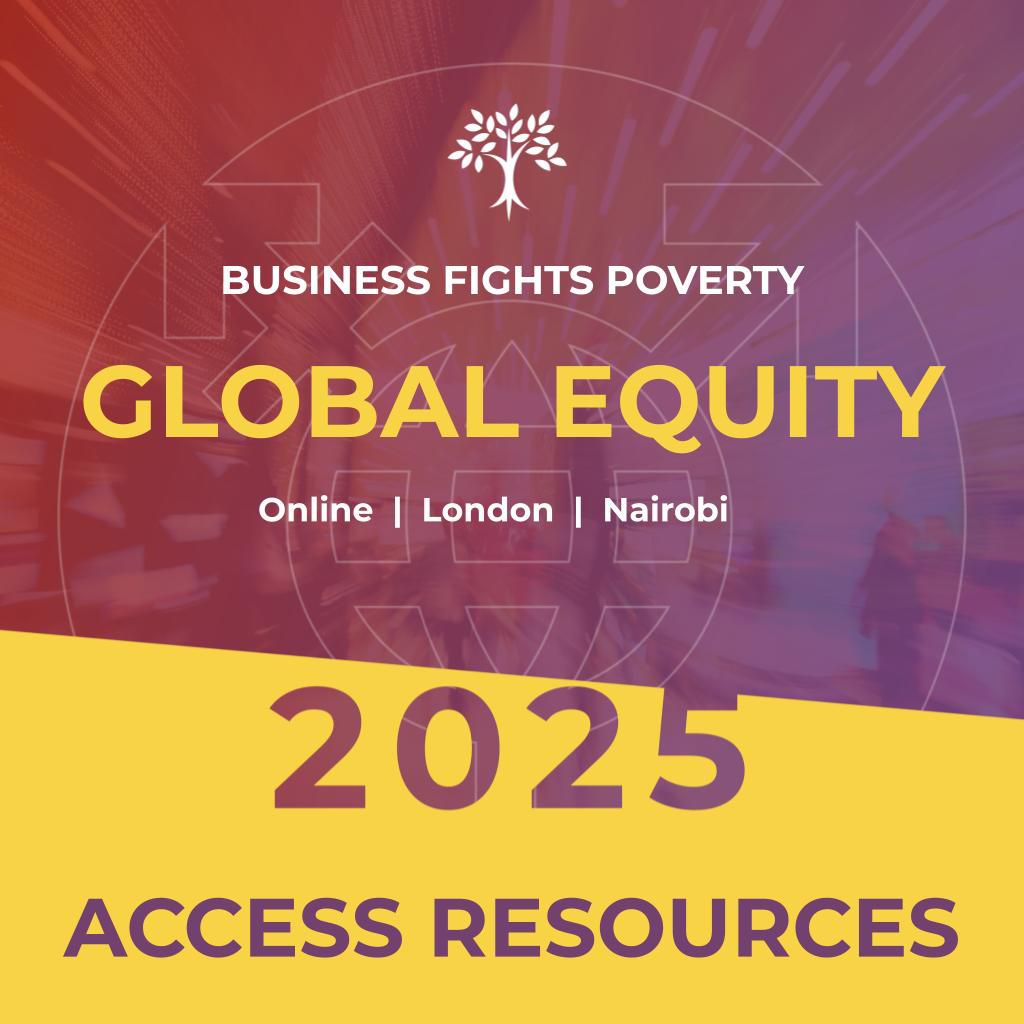A significant shift is happening in the way global corporations and mission-driven organizations see poverty, food security, water scarcity, climate change, and other sustainable development challenges—a convergence around the view, expressed so well by management guru Peter Drucker, that “every single social and global issue of our day is a business opportunity in disguise.”
At Business Fights Poverty, we believe a new development paradigm is emerging that will not be called “development” at all. It will simply be called “innovation,” and it will drive impact at scale because it creates value for everyone involved. It will expand opportunity for people to live better lives consistent with their aspirations and values. It will help businesses of all stripes create jobs and incomes for workers and returns for shareholders. It will generate tax revenues that governments can use to improve public services and invest strategically for the future. It will promote social stability and help preserve the natural resources upon which we all depend.
This new era will be led by purpose-driven entrepreneurs and intrapreneurs who cross traditional sector and industry boundaries, blend disciplines, and harness exponential technology trends to scale products, services and delivery mechanisms that we can’t even imagine today.
This is why we are particularly excited about the report we are launching this week with Acumen, “Social Enterprises and Global Corporations: Collaborating for Growth with Impact.” This report is about two different types of businesses that offer enormous promise in their own rights, as well as comparative advantages that, if harnessed through partnership, can unlock new worlds of impact for the businesses involved and for the societies in which they operate.
The report finds that:
- While global corporations struggle with hurdle rates that discourage radical innovation, social enterprises can quickly test innovative new approaches with uncertain returns
- Whereas social enterprises are often starting small, global corporations already have extensive operations, value chains, and customer networks, and enjoy economies of scale
- While global corporations may have limited insight into low-income markets, social enterprises understand the aspirations, incentives, disincentives, and daily lives of the poor
- Whereas social enterprises often have significant cash constraints, which lead to staffing constraints, global corporations have considerable budgets and staff that can be deployed if—and only if—there is a strategic business reason to do so
These complementarities lay the foundations for collaboration that can help engage and develop employees, strengthen supply chains, and develop new channels and customers, new products and services, and even entirely new business models. The report identifies three primary types of partnership that Acumen’s social enterprises and their global corporate partners are engaging in: skills partnerships, channel partnerships, and venture partnerships.
Based on lessons learned to date, the report also poses four questions to social enterprises and global corporations considering opportunities to work together:
- Is there a clear business case for the partnership—on both sides?
- Are the partners’ needs and goals for the partnership defined and transparent?
- Do the partners have the capacity to realize the business case?
- Finally, do the partners have a relationship of mutual respect?
To develop this report, we have followed the experiences of Acumen investees and their global corporate partners for a year and a half. And as Yasmina stresses in her post, it is clear that this kind of collaboration is emergent. There is lots of experimentation and learning to be done. We don’t know all the answers yet—but as in everything Business Fights Poverty does, we want to get this experience out in the world in order to help doers learn in real time. The implications should shape the way a wide range of stakeholders see their work unfolding in the future—from intrapreneurs and the global corporations in which they work, to entrepreneurs and their new ventures, to investors from across the spectrum, and to traditional development actors including bilateral and multilateral donors, private foundations, and civil society organizations.
We look forward to continuing to be part of this journey. Please share your comments on the report, and your own experience with collaboration between social enterprises and global corporations, below.











One Response
Awesome! As someone who works for a social enterprise; I’d like to see this happening more and more! Big corporations can have an huge impact and social enterprises could and should be a great tool for them to do so!